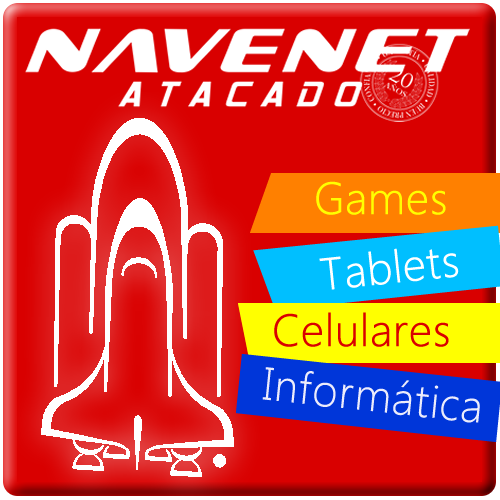 Sistema
Empresa
Objetivo
Hardware
Diagramas
Tecnologia
Diagnostico
Metotologia
Cronograma
Serviços Executados
Sistema
Empresa
Objetivo
Hardware
Diagramas
Tecnologia
Diagnostico
Metotologia
Cronograma
Serviços Executados
Java Developer's
Journal
GUEST EDITORIAL -
Alan Williamson
Volume: 4 Issue: 4, April, 1999
You Get What You Pay For
l’mgoing to write this editorial as a developer, not as a CEO. Not specifically aJava developer, but a generic, abstract developer - someone that is involvedwith shaping tomorrow’s software. I’m a very worried man. lf l were to be aTV character, 1 would be “the Biscuit” from Ally McBeal, deep in thought,with a concerned look on my face. Let me explain.
Have you noticed how big Microsoft Office has become? lt’s shipping on a suite of CDsnow, as opposed to a handful of floppies. Why? Are we really demanding thatmuch functionality? Or is the coding getting sloppy? Is it as efficient as itcould be? Is there a lot of dead, redundant or even useless code in there? Notbeing a Microsoft fellow, 1 couldn’t possibly begin to address these questions.But 1 think somebody should.
But it’s not just Microsoft. All the big boys are at it. Have you downloaded Oracle 8 lately? 160 MB. 1 ask you - it’s a database, it’s supposed to optimize the storage of data, and it ships as 160 MB! The sarme questions 1 posed for Microsoft are equally appiicable to oracle. Does it really need to be that size? I want to understand why software ware has suddenly ballooned in slze.
Stop.
Let me rephrase that last point: "Why commercial software?" That’s
better. You
could become very cynical about the software world if this was your only
experience. But thankfully, there is a breed of developer that’s not only
upholding the traditions, but setting new standards, breaking all the rules. But
who are these people?
They
are the open-source brigades, of course. A hardened bunch of developers that
code not for money, but for the professional and personal gratification. This
breed of developer knows that the code they produce has to be fast, efficient,
lean and mean; otherwise their peers knock them down in flames. This driving
force produces much more efficient code than
any commercial team sitting within the ranks of Microsoft or Oracle, to name
just a
Have
you experienced Linux lately? A Linux box can knock spots of any NT server, with
NT’s hardware requirements getting more and more demanding as each week rolls
on. Microsoft has done more for the sale of memory than any other company the
planet. Apache versus Netscape?
What’s
the difference between the software comparisons? The first one in each
comparison is free, leaner and, more important, faster. But how can this
be? These developers aren’t being paid. They don’t sit on fat salaries. They
don’t have endless in-house procedures to follow. How can this bunch of - dare
I say? - "hackers" beat
what we perceive as the industry’s finest?
It’s simple. Remove the need to meet deadlines, give a free rein, allow them to sit endless hours on the net in newsgroups and discussion forums listening to what people want as opposed to what management thinks people want. Only then do you begln to understand the ethos behind this underground army.
Remember the old saying, "You get what you pay for"? I’m not too sure this still applies. lt would appear, lf you pay for it,you get bloatware that requires more hard disk space, larger memory and faster processors to get any sort of performance out of it.
You get the feeling that somewhere in Microsoft a piece of code is running too slowly. So instead of the team sitting down and optimizing and rethinking it, they amend their documentation ever so slightly and add an extra digit to the end of the minimum hardware requirements. Oops... another processor upgrade, if you please, intel.
The
big boys are scared, and so they should be. Línux has reset all the
requirements. Dig out those dusty P90 machines - still life in the old dogs yet.
IBM has openly embraced this attitude and has begun releasing their source code.
Netscape has gone the same way. Oracle is porting to Linux and Microsoft still
has no plans.
I bet if NT’s source code was released publicly, somebody somewhere would pick it up and before too long you would see versions that would run 10 times faster on the hardware.
So to those developer masses, 1 salute you. Keep up the good work, and on behalf of the industry, thank you.